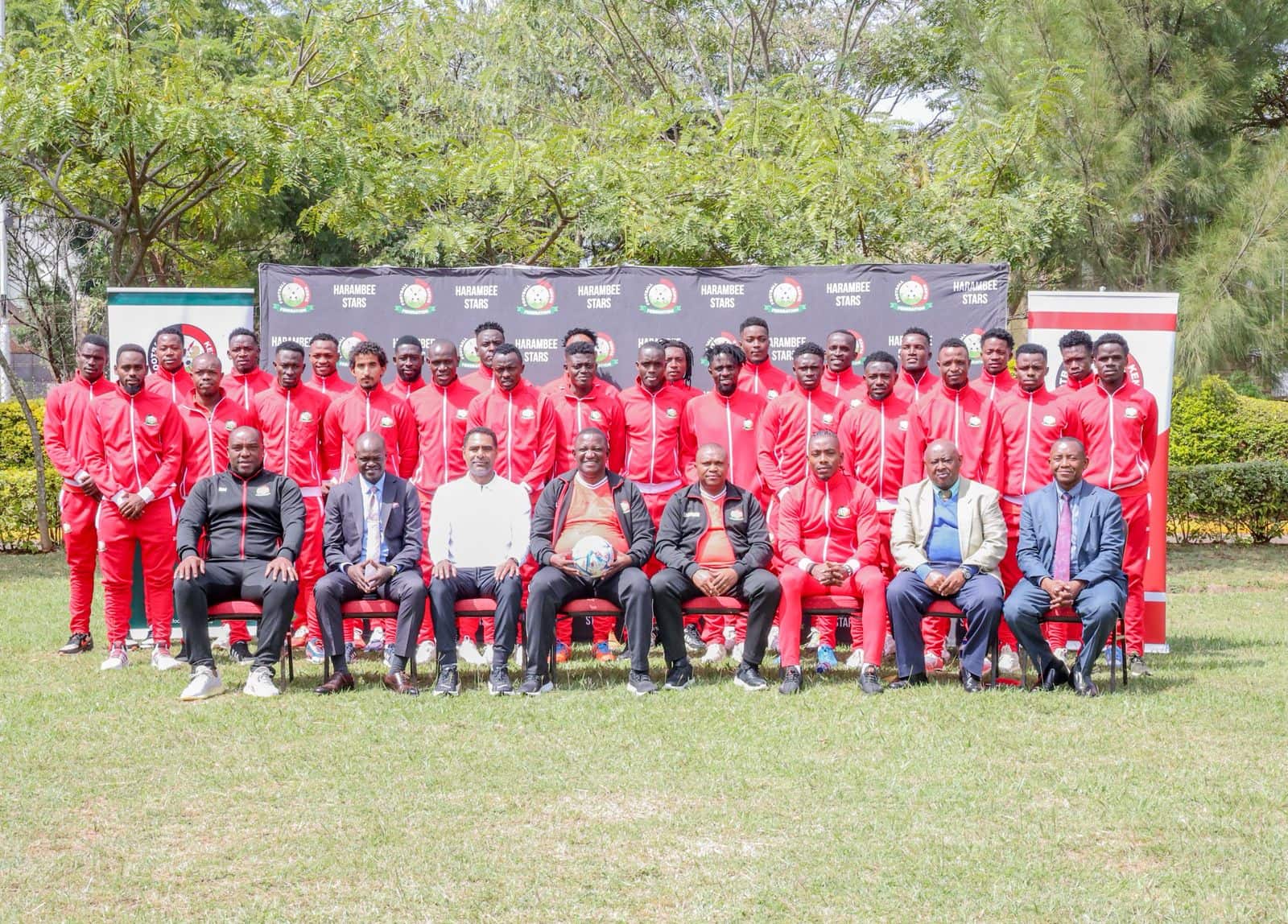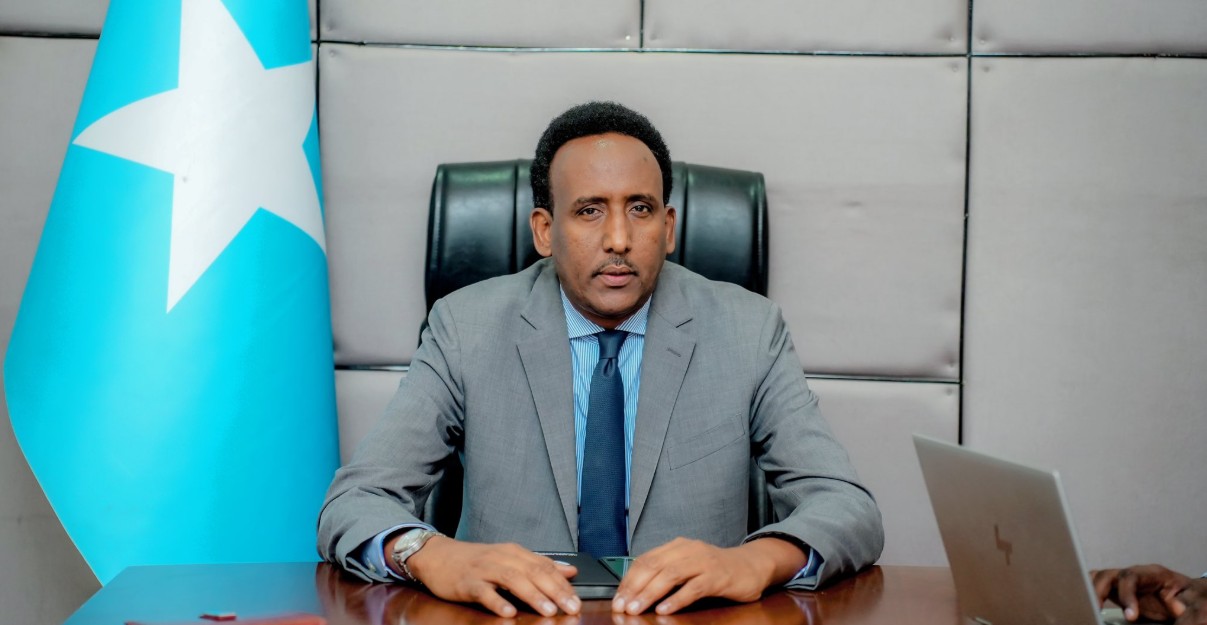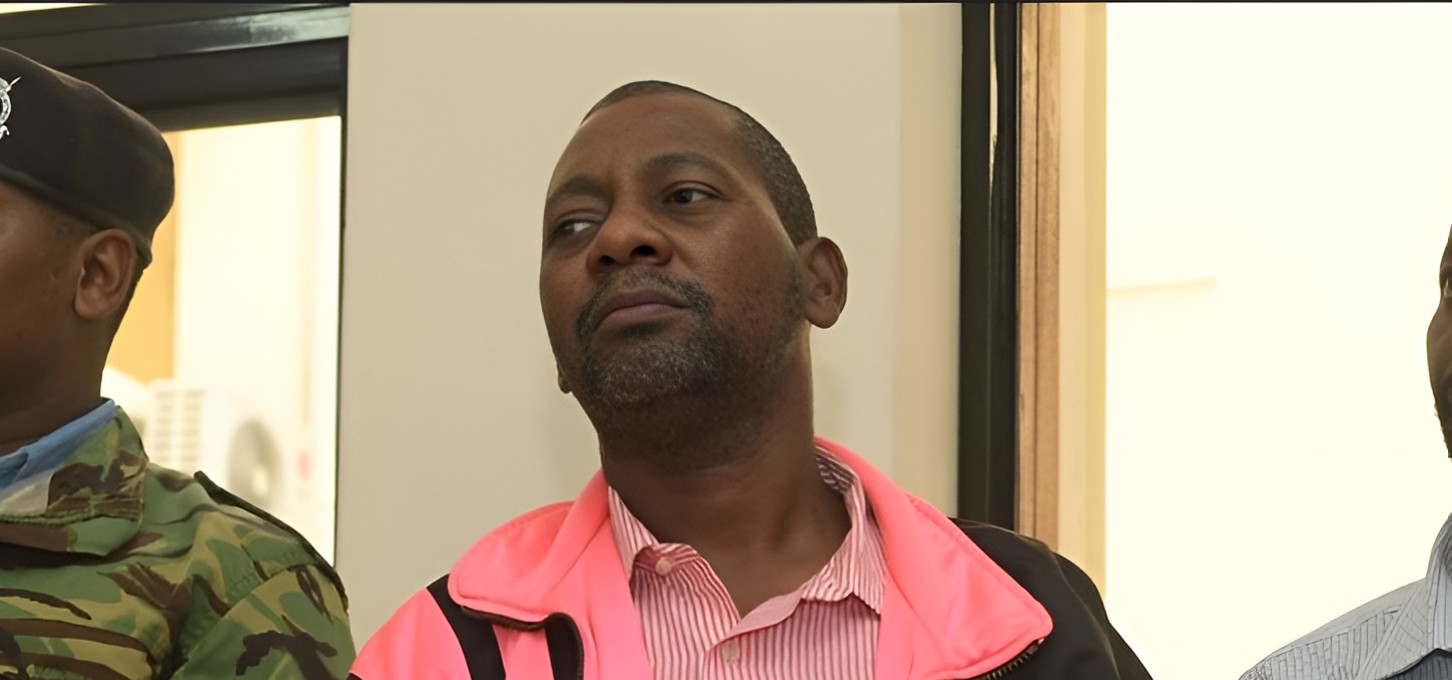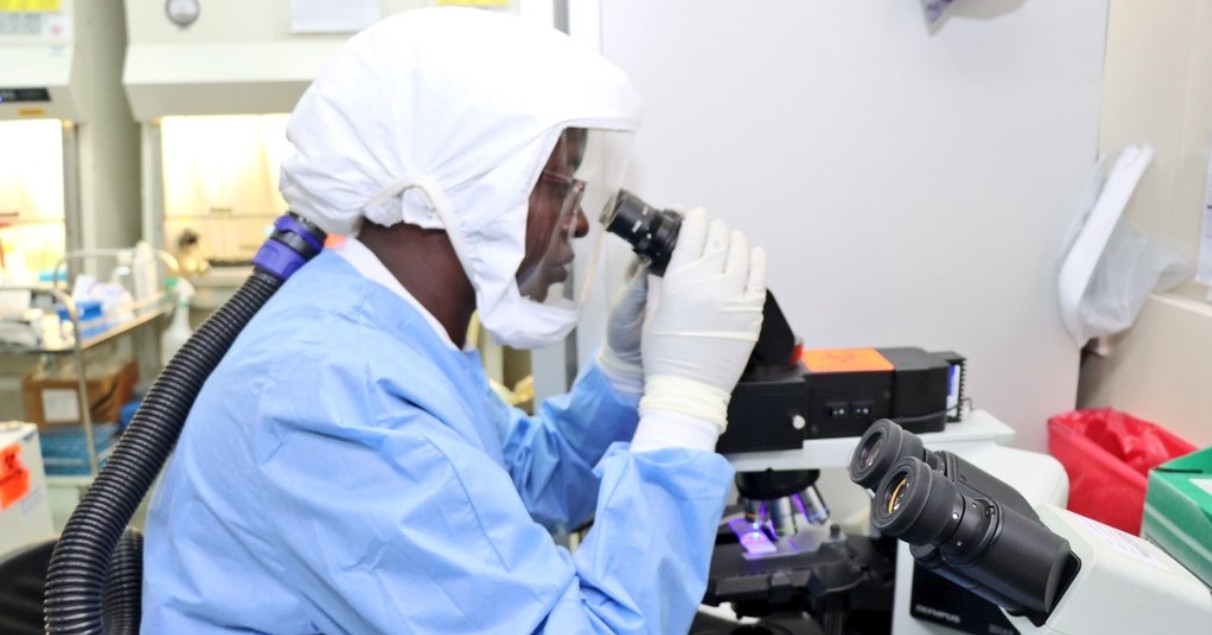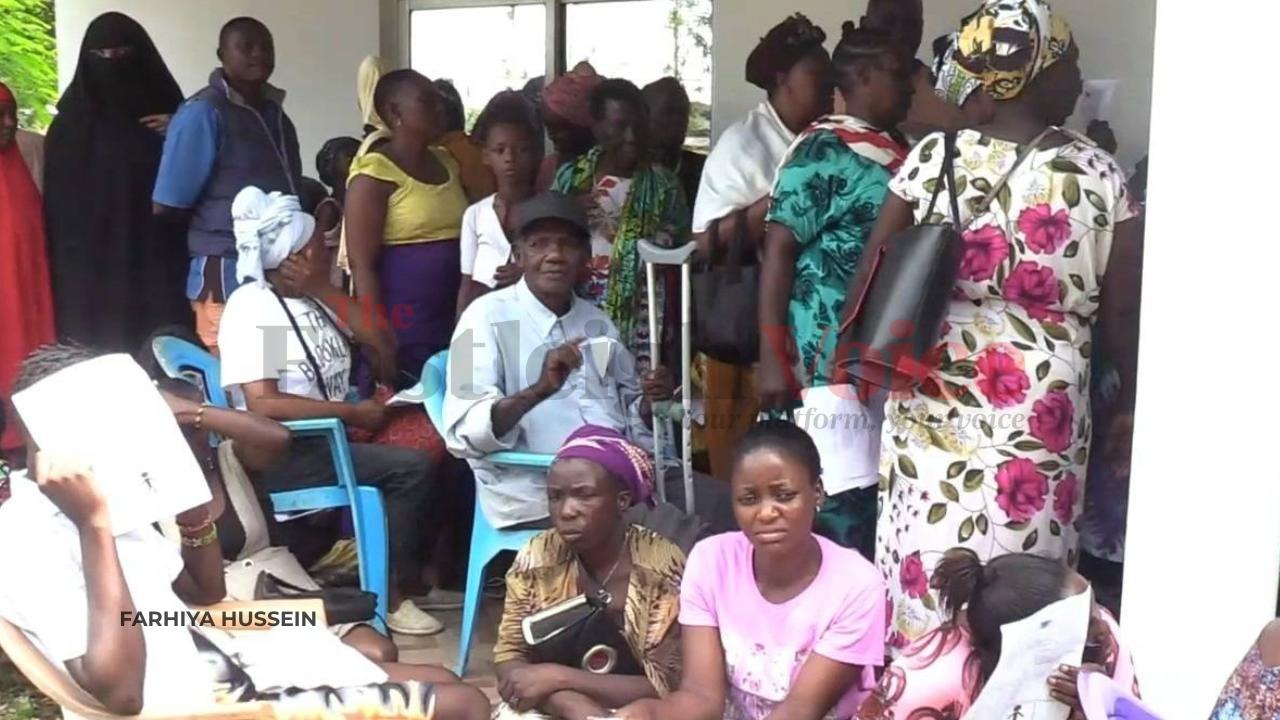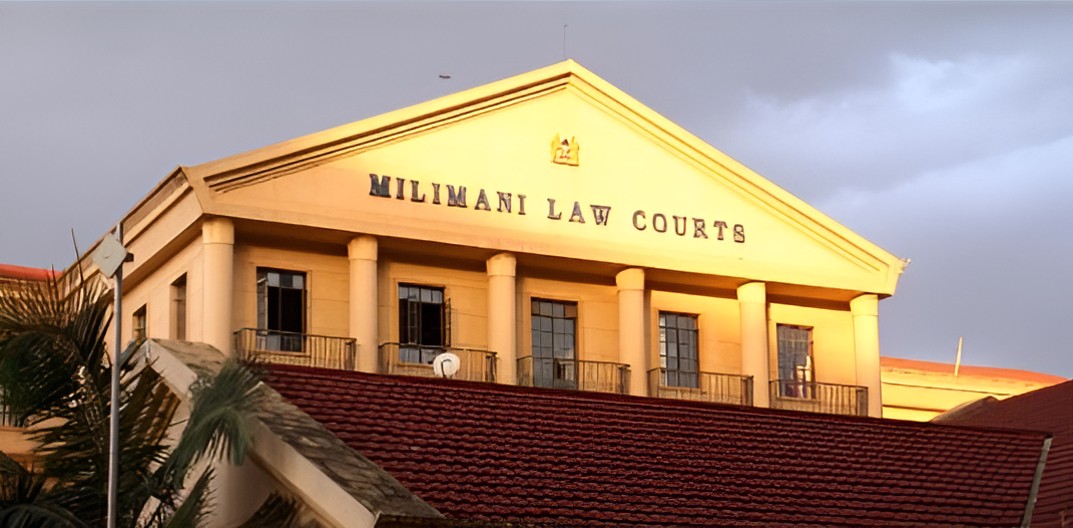MPs slam university, TVET heads over audit failures, mismanagement and hiring violations
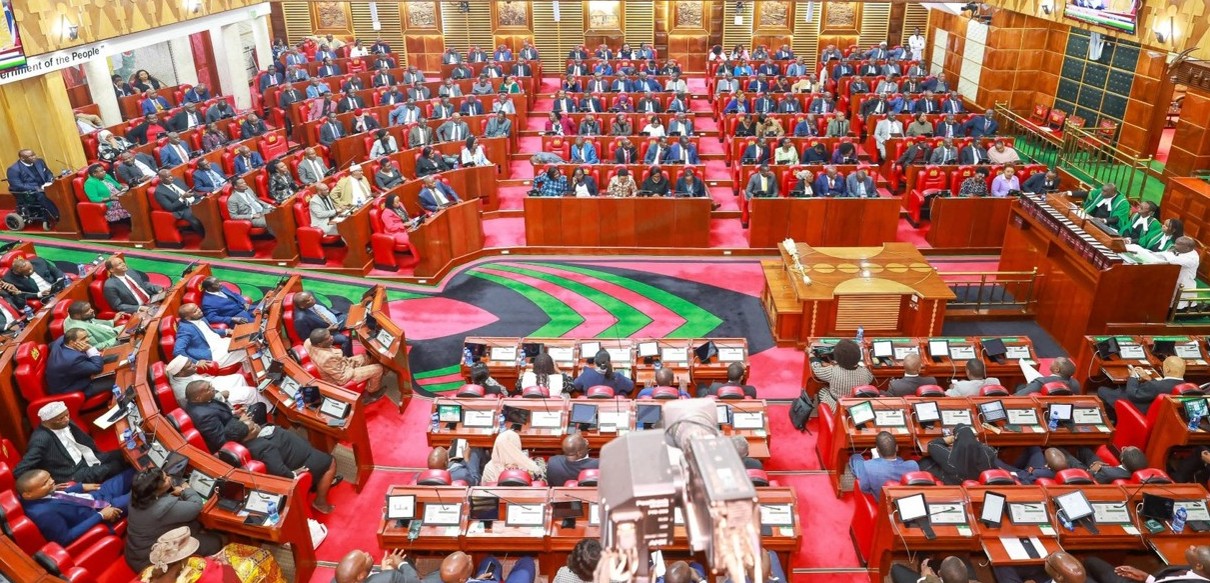
During a session on Tuesday, legislators warned of tough sanctions, stressing that the culture of impunity in public universities and colleges must be brought to an end.
Members of Parliament have criticised university vice-chancellors and technical and vocational college (TVC) principals for treating public institutions like personal ventures, citing widespread audit delays, misuse of public funds, and disregard for legal hiring procedures.
In a session on Tuesday, the legislators warned of tough sanctions, saying the culture of impunity in public universities and colleges must come to an end.
More To Read
- KUCCPS opens TVET applications for September 2025 intake
- College heads under fire over glaring audit gaps
- TVET colleges adopt modular curriculum for practical skills
- TVET institutions to certify trainees with short-term, skill-based courses from May
- KNEC releases 2023 TVET examination certificates for collection
- Do not send students home, funds are coming, Education CS Ogamba tells schools
The Public Investments Committee on Education and Governance, chaired by Bumula MP Jack Wamboka, expressed concern over the consistent audit failures across higher learning institutions, warning that institutional heads will be held personally accountable for financial mismanagement.
The committee said many institutions had failed to submit timely and accurate audit reports, resulting in unresolved audit queries being carried forward each year.
“This practice is not just unacceptable, it’s illegal. We are determined to enforce adherence to established procedures and instil a culture of accountability through stringent measures,” Wamboka said.
“Principals and vice-chancellors will be held personally accountable for their shortcomings.”
Development projects
The committee also criticised institutions for starting new development projects before completing ongoing ones, a practice blamed for draining public resources without tangible outcomes.
Chuka University, led by Vice Chancellor Henry Mutembei, was flagged for undertaking four simultaneous infrastructure projects, prompting concerns over oversight and capacity. The Committee directed the VC to suspend any new projects until the ongoing ones are completed.
At Kiirua Technical Training Institute, led by Dr Mbae Jackson, the committee uncovered irregular board allowance payments totalling Sh1.74 million, made without Cabinet Secretary approval—an apparent violation of financial regulations.
The committee directed that the money be fully refunded by the officers who authorised and received the allowances.
Diversity requirements
Kiirua TTI was further faulted for failing to meet legal diversity requirements in hiring, with 93 per cent of its staff from one ethnic group. MPs termed the practice illegal and gave the institution two years to reform its recruitment process.
Scrutiny also turned to Karatina University, where a former vice chancellor was found to have received transport allowances while enjoying full access to an official vehicle. The current VC, Prof Linus Muthuri, was directed to recover the funds within six months.
The same former VC was also cited for processing a Sh12.49 million gratuity just two days before the expiry of his contract, without undergoing formal clearance. Legislators directed the university to recover the amount within one month, stressing that gratuity should only be paid after official clearance in line with the law.
At Nachu Technical and Vocational College (TVC), led by Principal Magdalene Mwachofi, the committee highlighted multiple violations, including failure to register with the Office of the Data Protection Commissioner, despite handling sensitive personal data, in breach of the Data Protection Act.
Ethnic imbalance
The institution also violated ethnic diversity laws, with 58 per cent of its staff from one community, exceeding the 25 per cent legal limit. MPs gave the principal a timeline to rectify the imbalance and ensure compliance with staffing laws.
In addition, Nachu TVC had failed to value or document ownership of the land it occupies, a move that raised alarm over asset mismanagement.
The committee instructed all the affected vice-chancellors and principals to urgently address the audit queries and warned that any failure to comply would result in fresh summonses and possible sanctions.
“We will not allow public funds to be wasted through negligence, impunity, or lack of oversight,” Wamboka warned.
Higher Education Principal Secretary Beatrice Inyangala had recently warned that universities are staring at collapse unless sweeping structural reforms are undertaken to fix crippling financial woes.
She noted that entrenched mismanagement and rigid systems have left the institutions drowning in debt and unable to function effectively.
“Most of our universities are in crisis. The time to change our future is now. We must reengineer university management and adopt cost-cutting measures,” she said.
Among the most heavily indebted institutions are Kenyatta University, which owes Sh12.38 billion; the University of Nairobi, with Sh12.22 billion; and Jomo Kenyatta University of Agriculture and Technology, which owes Sh9.13 billion.
The debts are owed to suppliers, statutory bodies including the National Social Security Fund and Kenya Revenue Authority, pension schemes, and contractors.
Top Stories Today

